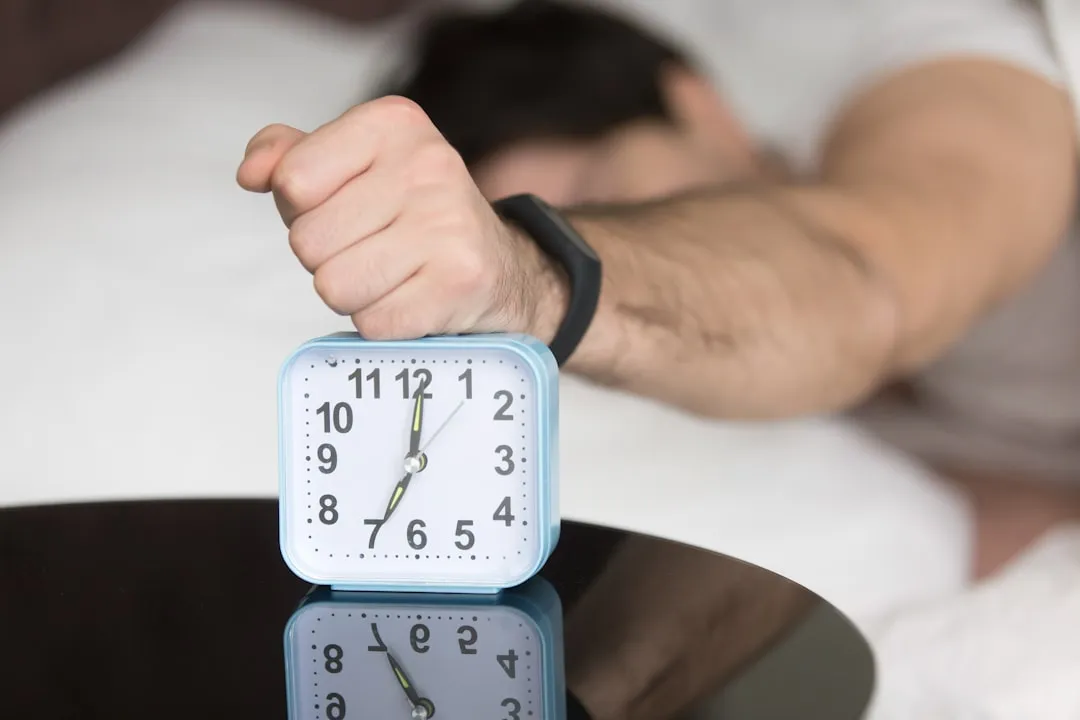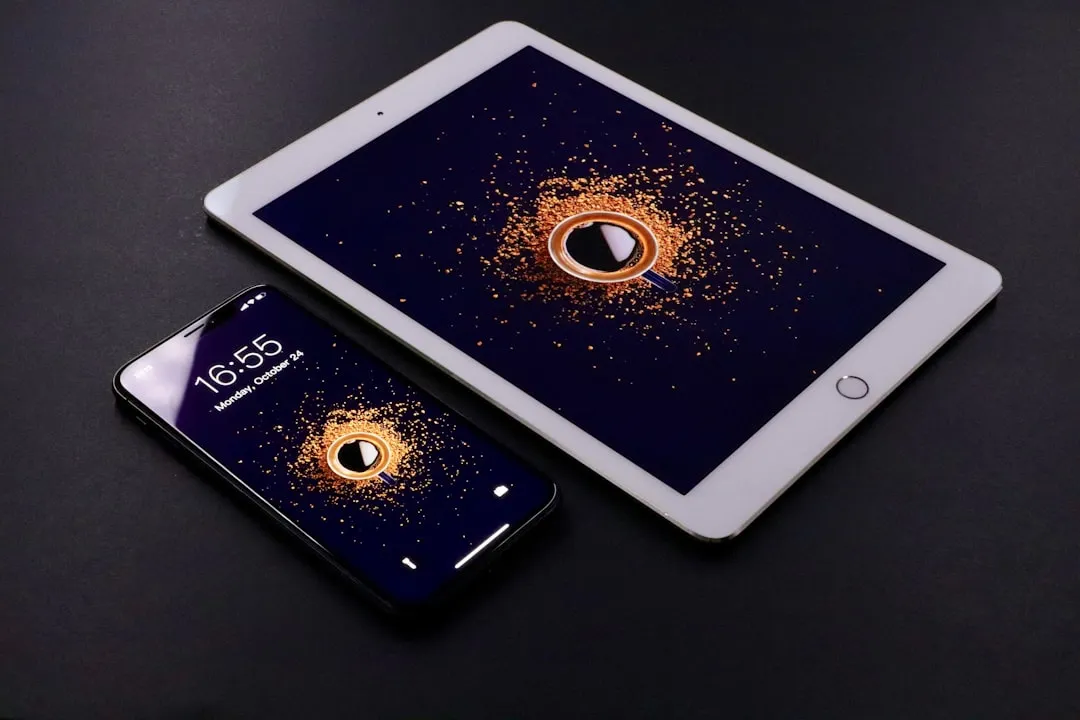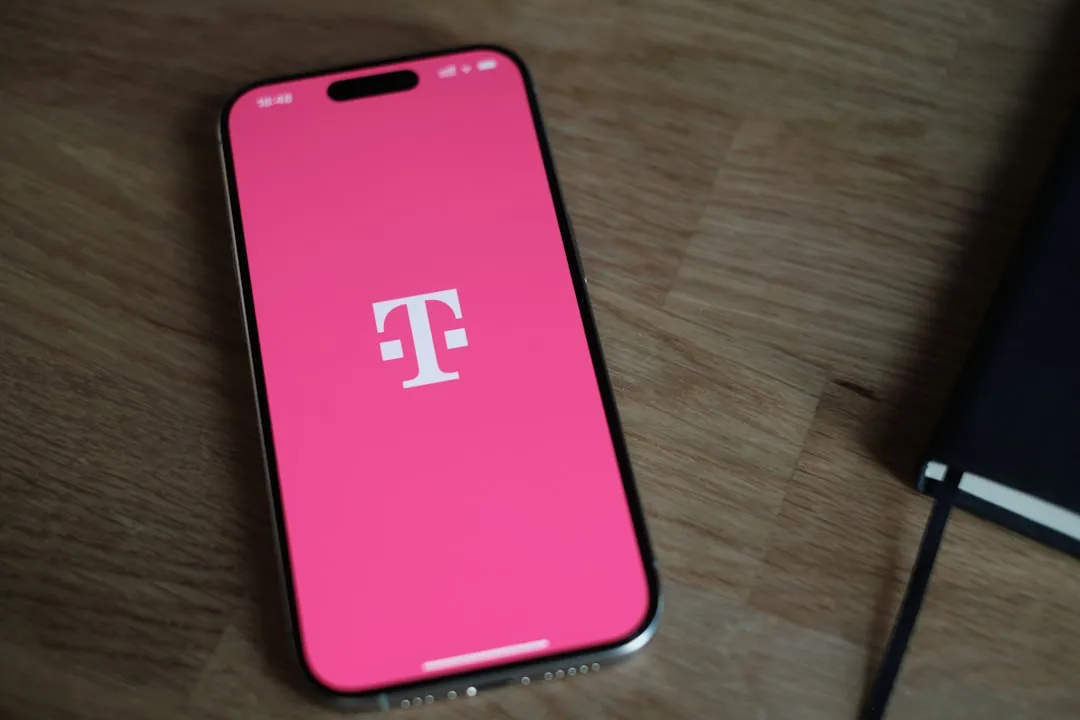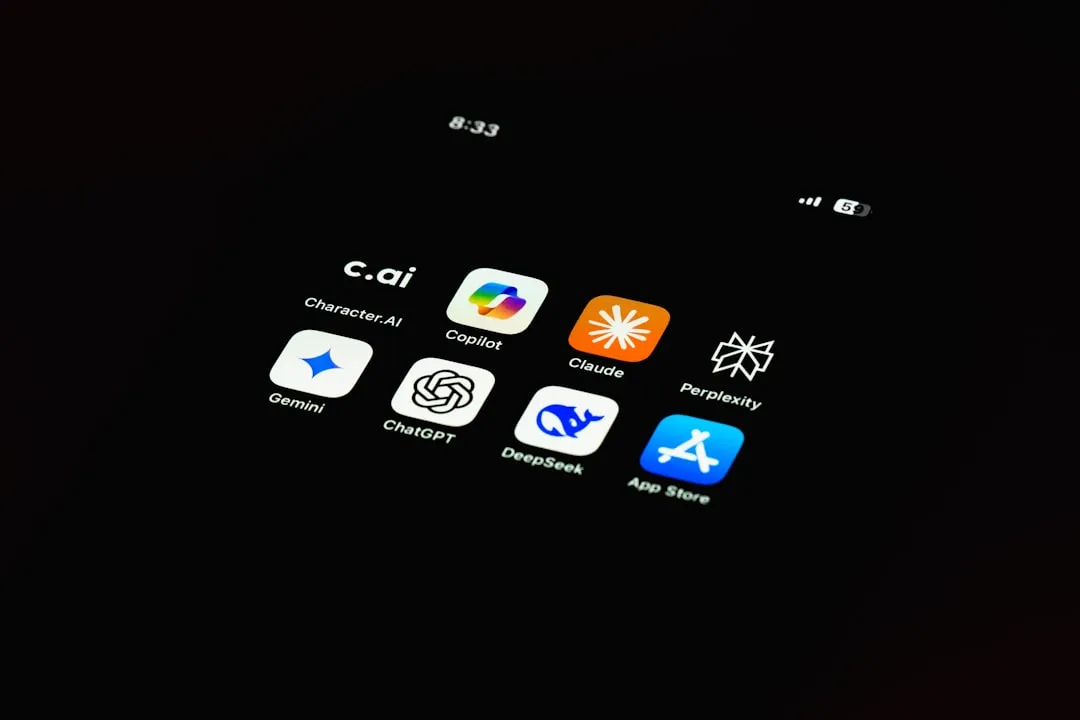If you’ve ever wondered whether your smartphone could be more ruthless about getting you out of bed, wonder no more. The mobile app landscape now includes alarms that refuse to snooze until you prove you are awake. Alarmy, nicknamed "Sleep If You Can," is one of the boldest versions, asking you to finish tasks before silence returns. Here is the kicker, research shows that wake-up tasks are tied to completing target behaviors and trimming the time it takes to feel truly awake. Task-based alarms are reshaping mornings, especially for people who could sleep through a brass band.
Why traditional alarms fail heavy sleepers
Heavy sleepers are not stubborn about getting up. They are wired differently. Science points to more sleep spindles in heavy sleepers, a kind of deep-sleep brain activity that filters out noise. Genes play a role too, nudging some of us toward sleeping through what sounds like chaos to everyone else.
That wiring creates a problem volume cannot fix. Traditional alarms crank up the sound and hope. Your brain, busy filtering disturbances, turns even the loudest tone into wallpaper. Alarmy offers more than 100 customizable alarm sounds curated for heavy sleepers, from End of the World to Cock-a-doodle-doo. Helpful, sure, but not always enough.
The breakthrough is forcing engagement. The app includes missions like barcode and photo, math and memory, typing quotes, even shake or squat. Not gimmicks. They light up different brain systems so you are alert before silence is allowed. Scan the shampoo barcode, you are in the bathroom. Solve a math problem, your logic wakes up. Try rolling over after that.
How task-based alarms actually work
These alarms lean into how the brain crawls from sleep to wake. Smart alarms in sleep tracking apps monitor cycles with sensors or wearables, and task-based systems then force your mind to participate.
Studies show wake-up tasks are linked to finishing behaviors and reaching full alertness faster. Variety matters. Barcode scans get you moving to a specific spot, math problems require focus, photo missions kick on visual processing, and physical tasks jumpstart motor control. It feels a bit like tossing cold water on your brain, minus the towel.
There is also a Special Mode for Snooze Addicts, Wake Up Check. It uses the Accessibility Service API for a Prevent turn off feature. Translation, you cannot dismiss the alarm without completing the task. No wiggle room. Extreme, maybe, but for people who have tried everything, that guardrail is the difference between making the meeting and missing the bus.
The shift is simple, and powerful. Waking up stops being passive and becomes active. You do not just hear a sound and decide later. You engage, right now, building a quick bridge from fog to focus.
The psychology behind morning behavior change
These apps borrow from behavioral psychology to make changes that stick. Smart alarms can shape the morning, lifting mood, sharpening focus, and nudging productivity.
Alarmy layers on motivation, not just noise. It includes backgrounds with motivational quotes or videos and goal recitation through typing missions. You can tune it for students or workers and adjust difficulty so the challenge fits your brain at 6 a.m., not your best self at noon.
The science-backed angle, waking during light sleep eases grogginess. Task-based alarms stack on top of that by ensuring you are mentally present too.
There is a psychological bonus. Completing a task first thing gives a tiny hit of accomplishment. That early win can ripple into confidence and momentum for the next hour, which, frankly, is when most mornings wobble.
Real-world effectiveness and user experience
Let’s be honest. These apps can save your day, and they can annoy you. Some users report bugs, from alarms not ringing to missions not stopping. If you rely on the app, reliability matters.
Stick with the core features and you tend to see results. It is recommended for deep sleepers, smart missions, routine building, and sleep tracking. There is also a sleep tracker for cycles and snoring, so you can manage both bedtime and wake time in one place.
One more practical note, the app contains ads and in-app purchases, though Alarmy is officially a free alarm clock and sleep app with plenty of features for free. The developer, Delight Room Co., Ltd., keeps shipping updates to fix issues and add options.
The bottom line on experience, the toughness is the point. If gentle alarms failed you, a system that refuses to take no for an answer can be the lifeline.
What this means for the future of wake-up technology
Task-based alarms hint at where sleep tech is heading. Sleep apps are getting popular, aiming to help you fall asleep, stay asleep, and track patterns. The next leap is not just tracking, it is participation.
There is also a scale problem to solve. One out of every three Americans does not get enough sleep. We cannot force more hours, but we can help people wake better with the hours they have. Sleep apps could help people sleep better, and task-based alarms show they can help people wake better too.
Tech is moving from simple sound alerts to fuller routines that mix movement, cognition, and reinforcement. As smart alarms reshape mornings, we are seeing a more holistic approach to managing the whole sleep-wake cycle.
I like that shift from passive to active technology. It mirrors what is happening in fitness, meditation, and productivity tools. Less scrolling, more doing. I am not sure we all want our phones to boss us around, but for mornings, I will take the help.
The bottom line: are task-based alarms worth it?
For heavy sleepers who have tried everything, apps like Alarmy are a real shot at change, and the science lines up. Studies show that wake-up tasks improve behavior completion and speed up wakefulness. Because the tasks vary, you can lean into what works for you, whether that means getting up to scan a code, doing a few squats, or solving a quick problem.
Commitment matters. These alarms succeed because they demand engagement when you want to roll over. The app claims to be louder and smarter, intended for heavy sleepers, and for many people the mix of volume plus missions is the wake-up call they needed.
This is not just about getting out of bed. It is about starting with intention and energy. As tech keeps nudging us to participate, not just consume, these task-based alarms might be the literal and figurative wake-up call. If you are tired of being tired, they offer a path that is backed by research and, surprisingly, feels like a small win before coffee.

























Comments
Be the first, drop a comment!